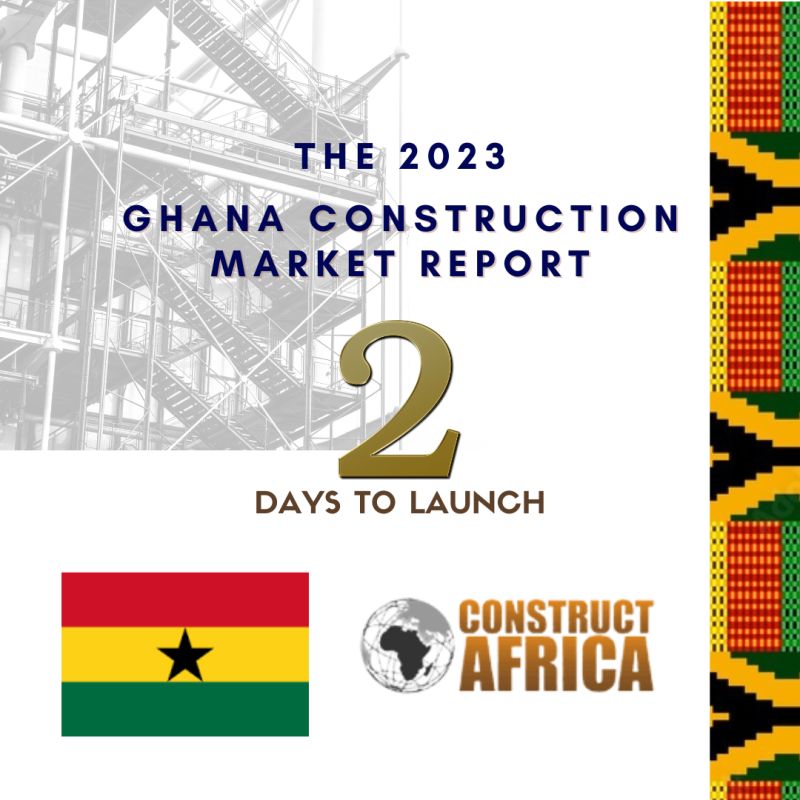Top 5 Predictions in the Enterprise IT Space for 2024
Technological development is often the result of aspiring to augment the experiences of its consumers. Over the past few years, this notion has only been reaffirmed, with tech powering users through lockdowns, recessions, and other crises. 2023 has been a transformational year, with both existing technologies and novel innovations revolutionising the way organisations work. In 2024, enterprises will continue to embrace further updates to technological measures that design a better digital environment for everyone.
“Although the need to implement a digital-first experience has been constant, the ways by which it can be realised varies periodically. In 2024, we believe that your organisation would benefit from a unified approach of deploying new tech and focusing on demanding aspects of business — such as privacy, LLMs, and orchestration,” said Rajesh Ganesan, President at ManageEngine.
Here are ManageEngine’s top five predictions for trends in 2024 that will help organisations root themselves in the bedrock of this new age of work.
1. Privacy and AI governance will become a top business priority
Although 2023 has witnessed numerous regulations across geographies — including the EU’s AI Act, the UAE’s Data Protection Act, India’s Digital Personal Data Protection (DPDP) Act, — these are indicators that a further inflow of similar policies is imminent. With AI being integrated into every aspect of business, disruptive technologies (such as deepfakes and augmented reality) threaten privacy and pose significant risks. These technologies should be placed under a keen watch for both public and private use. As an effort to ensure ethical, transparent, and fair use of the technology, AI governance will become paramount importance to businesses. We also believe that privacy will be the core of every business going forward, and protecting it will become the responsibility of every individual in the organization.
2. Enterprises will be keen to adapt to purpose-built LLMs rather than general-purpose LLMs
Ever since the advent of AI, businesses have leveraged its capabilities to fulfil predictive analysis and automate low-skill tasks. However, the narrow applications of AI and its immense engineering difficulties call for AI training models that can cater to all aspects of a business. Enterprise-focused large language models (LLMs) help both employees and customers alike achieve deep-nested conversations with the enterprise’s offerings and align better with evolving software tools. By adapting such models, enterprises will be better able to deploy their vast amount of knowledge to address both their creative and redundant workloads. It will also empower organizations to protect their data, reduce biases in their data, and provide detailed audit reports to understand AI decisions.
3. The power of orchestration will span the entire enterprise
In recent times, many businesses have turned to digital transformation to carry out their core functions online. This transition has presented the challenge of fragmentation — splitting data into organisational silos and hampering the flow of information. Enterprises are likely to overcome the issue of fragmentation by harnessing the power of orchestration, which allows for the construction of interconnected digital pipelines that lead to workflow automation and streamlined operations. By adopting this user-friendly and accessible technology, organisations will be prepared to make complex tasks achievable and survive in the digital realm.
4. The digital-first experience will evolve to the secure digital-first experience
Having moved on from traditional work methodologies, we will observe organisations integrate contemporary IT management tools to provide a holistic and safe digital journey. In 2024, we believe enterprises will also adopt an identity-centric approach, ensuring that only authorized individuals are granted access and permissions, therefore safeguarding their identities and data. Going a step further, cloud infrastructure and entitlement management (CIEM) will be implemented to increase granular visibility and minimize threats by providing a comprehensive view of identities and entitlements across diverse cloud environments. Together, such solutions will bolster security and enable a worry-free digital experience for the end users.
5. Cyber resilience will become a strong business differentiator
Today’s technological landscape presents a series of challenges for modern companies that stunt progress. These challenges include the geopolitical climate, technological disruption, cyberthreats, competitive pressure, and many other factors, all of which could be more easily faced when strategic plans are in place. In 2024, we will see companies actively invest in such plans that bring about the tools, solutions, and culture necessary to enhance their overall cyber-resiliency posture. Consequentially, cyber resilience will emerge as a key business differentiator, enabling organizations to succeed in the complex global market.
ManageEngine envisions that these IT forecasts will help organizations seamlessly pace themselves with an imminent transformation in work culture. By staying attuned to emerging trends and technologies, organisations will be enabled to capitalise on opportunities and remain competitive in this ever-evolving digital ecosystem.
enterprise IT 2024 enterprise IT 2024 enterprise IT 2024 enterprise IT 2024

Charles Rapulu Udoh is a Lagos-based lawyer, who has several years of experience working in Africa’s burgeoning tech startup industry. He has closed multi-million dollar deals bordering on venture capital, private equity, intellectual property (trademark, patent or design, etc.), mergers and acquisitions, in countries such as in the Delaware, New York, UK, Singapore, British Virgin Islands, South Africa, Nigeria etc. He’s also a corporate governance and cross-border data privacy and tax expert. As an award-winning writer and researcher, he is passionate about telling the African startup story, and is one of the continent’s pioneers in this regard.




















